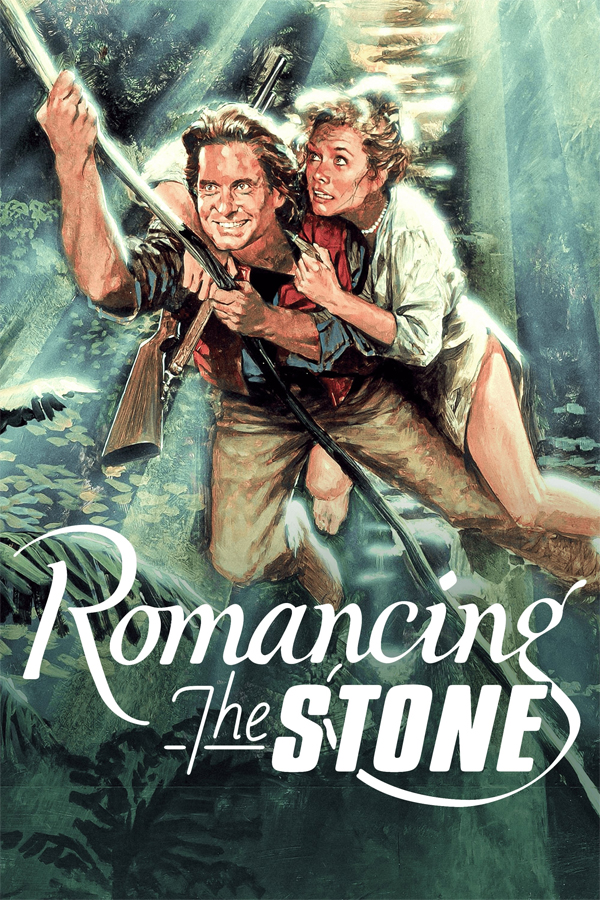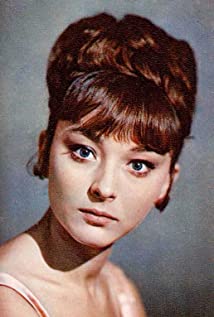Anastasia Vertinskaya is a popular Russian actress and public figure best known for her roles as Assol in Alye parusa (1961) and Ophelia in Hamlet (1964).
She was born Anastasia Aleksandrovna Vertinskaya on December 19, 1944, in Moscow, Russia, Soviet Union (now Moscow, Russia). Her father, Aleksandr Vertinskiy, was a famous Russian actor, singer and songwriter, who returned from his emigration in China to Moscow during the Second World War. Her mother, Lidiya Vertinskaya (née Lidia Vladimirovna Tsirgvava), was also a Russian émigré who was born into a Georgian-Russian family in Kharbin, and her older sister, Marianna Vertinskaya, was born in 1943, in Shanghai, China. Young Anastasia Vertinskaya had a happy childhood together with her sister Marianna. She was brought up in a multi-lingual family where she enjoyed an intellectually stimulating environment, and a highly cultural atmosphere of her parents circle. Anastasia Vertinskaya was fond of her father, who invested much of his talent and energy in his daughter's education. Her famous father died when Anastasia Vertinskaya was 14, and she suffered from emotional trauma that cast influence on her most important roles in film, that she played at the age of 15 to 19, such as Assol, Gutierre, and Ophelia.
In 1961, at age 15, Vertinskaya made her film debut starring as love-torn Assol who has a dream about her hero, Vasiliy Lanovoy. She became an instant celebrity in the Soviet Union with her first film, Alye parusa (1961), by director Aleksandr Ptushko, a popular adaptation of the eponymous book by Alexander Grin. Next year she co-starred as Gutierre in Amphibian Man (1962) Vertinskaya shot to international fame starring as Ophelia opposite Innokentiy Smoktunovskiy in Hamlet (1964), by director Grigoriy Kozintsev. Meanwhile, she attended the Shchukin Theatrical School, graduating in 1967, as an actress. She played supporting roles as Lisa Bolkonskaya in War and Peace (1965), by director Sergey Bondarchuk and as Kitty in Anna Karenina (1967), by director Aleksandr Zarkhi. She also starred as Margarita in Master i Margarita (2006), an adaptation of the eponymous book by Mikhail A. Bulgakov.
Anastasiya Vertinskaya was member of several theatrical companies in Moscow, such as Theatre of Vakhtangov, Taganka, Theatre Sovremennik, Pushkin Theatre, and Moscow Art Theatre (MKhAT). Her most acclaimed stage appearances were as Nina in 'The Seagull' and as Elena in 'Uncle Vanya', both plays by Anton Chekhov. In a unique theatrical experiment by director Anatoli Efros at Taganka, she appeared in two roles: as Prospero and Ariel in the Shakespeare's Tempest. In 1989 she portrayed her father, Aleksandr Vertinskiy, in a show that she also wrote and directed to mark the centennial birthday anniversary of her father.
Outside of her film career A. Vertinskaya taught acting in Oxford and in the European film school in Switzerland; she also held a master class at Comédie-Française (Théâtre de la Républic) and at Chekhov's school in Paris. She was designated People's Actress of Russia. Since 1991 Anastasiya Vertinskaya has been running the Charitable Foundation for Actors, which supports such cultural landmarks as the home of Boris Pasternak and the museum of Anton Chekhov as well as many other cultural projects and individual actors and filmmakers. During the 1990s she completed restoration of her father's historic recordings for a CD release. Anastasiya Vertinskaya was married to director Nikita Mikhalkov and their son, Stepan Mikhalkov, is also a filmmaker.

